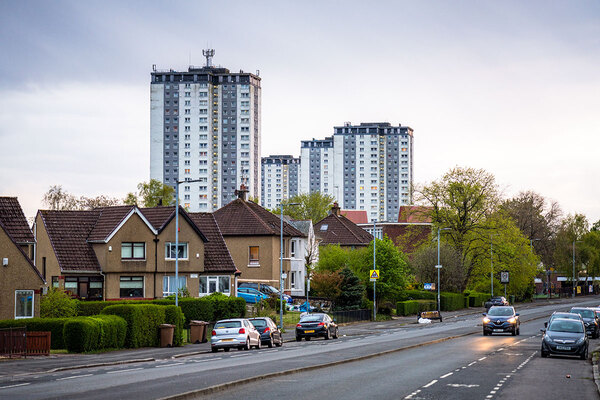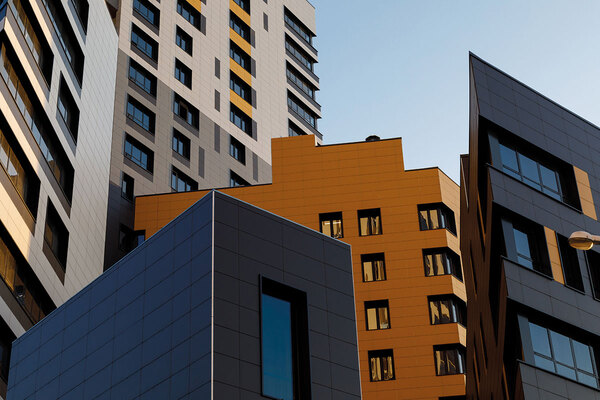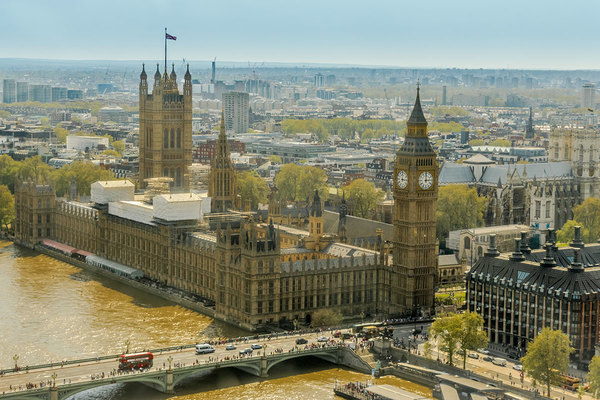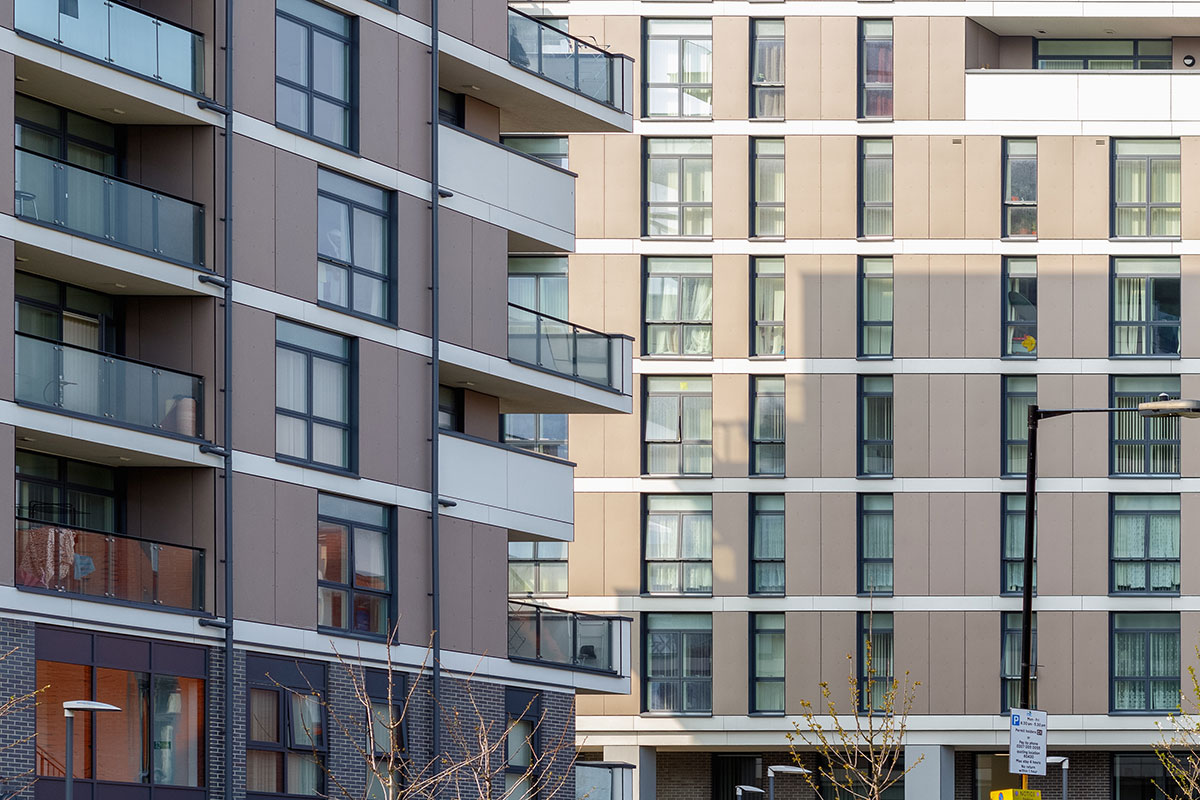Associations may still have to charge leaseholders for remediation following Building Safety Bill, says NHF
The National Housing Federation (NHF) has criticised the government for not providing funding to housing associations and said that some social landlords will still have to charge leaseholders for remediation costs following the publishing of the Building Safety Bill.
In a response to the bill, which was published on Monday, Victoria Moffett, head of building and fire safety programmes at the NHF, said: “The government has rightfully made it a legal requirement for building owners to pursue all other options before passing any building safety costs on to leaseholders.
“Not-for-profit housing associations have already been doing this but we understand there are likely to be cases that are not successful and housing associations will have no other choice but to still pass on costs to homeowners or shared owners in their buildings.”
The Building Safety Bill places additional duties on building owners to explore alternative cost recovery routes before charging leaseholders for remediation work.
However, the government has stopped short of using the bill to ensure that leaseholders are fully protected from costs, despite multiple attempts by MPs and peers for such a clause to be included.
Ms Moffett said that housing associations may still have to pass the cost of remediation work on to leaseholders because of the lack of funding being made available for social landlords by the government.
She said: “There was also no funding for housing associations remediating social housing announced today.
“Charitable housing associations have so far been unable to access existing government funds.
“They are already diverting billions of pounds away from the upkeep of their social homes and away from building new social housing in order to make safe homes they bought in good faith.”
Ms Moffett said it was “positive” that the government was acknowledging that private developers should cover the cost of remediation work rather than homeowners or social housing tenants, but she added that “questions remain about what will happen in practice”.
Housing associations have only been able to access government funding to cover remediation costs that they would otherwise pass on to leaseholders, meaning that social landlords are being forced to pay the majority of the bill in mixed-tenure blocks.
Social landlords have warned that the supply of new affordable housing will take a hit as some of them are forced to pay huge fire safety bills.
Analysis by Inside Housing last year found through a survey of the country’s largest associations that they had collectively set aside more than £1.2bn for fire safety over the next five years.
Ms Moffett said: “If the government wants to avoid bills being passed on to homeowners and fewer affordable homes getting built over the next decade, they will need to cover all building safety costs upfront and claim the costs back later from the companies they acknowledge are responsible – such as private developers.”
Sign up for our fire safety newsletter
Already have an account? Click here to manage your newsletters













